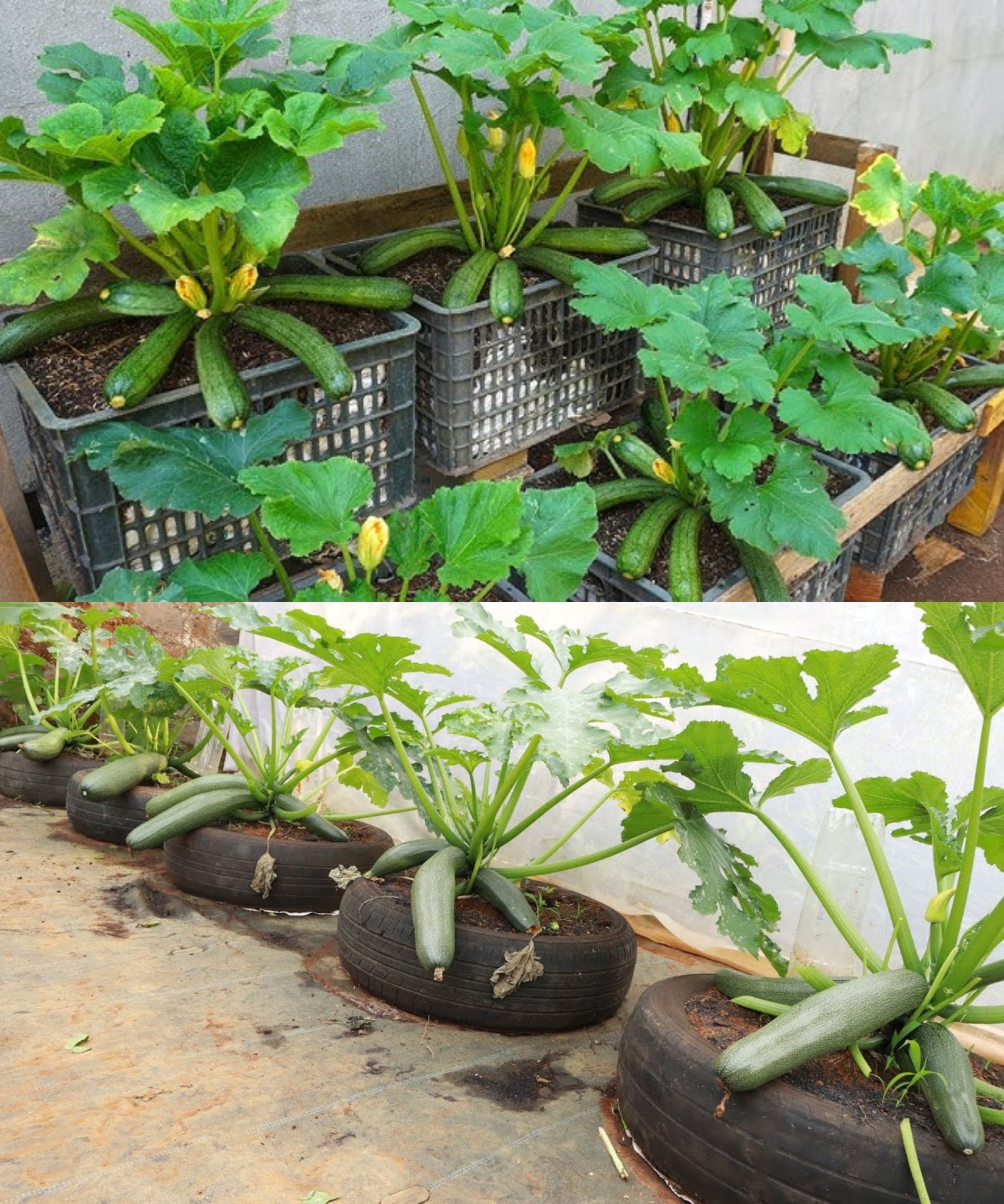
Growing zucchini is a popular choice due to its status as one of the most straightforward plants to cultivate in your garden. Planting a few zucchini plants is a joy for most gardeners, as these plants tend to thrive quickly and hassle-free.
Personally, I have a deep appreciation for zucchini. Next to tomatoes, it’s the vegetable that truly signals the arrival of summer for me. With a plethora of zucchini recipes in mind, I always aim for a bountiful harvest, often resulting in an abundance that leads me to share the produce with my parents, family, and friends.
Here are some valuable tips we employ for successfully growing zucchini plants:
- Timing Is Crucial:
- Zucchini plants despise frost. Planting them before the threat of frost has passed jeopardizes your entire harvest. Resist the temptation to plant too early, as fruits formed in cold weather are unlikely to thrive.
- Choose an Ideal Location:
- Opt for a sunny location in your garden for planting zucchini. Avoid areas shaded by large trees. The chosen site should be moist and well-drained but not overly soggy. Enhance the soil with compost and organic matter.
- Embrace Succession Planting:
- Unlike many other plants, zucchini is excellent for succession planting due to its lack of frost hardiness. Start new plants two or three times per season to avoid a surplus of zucchini all at once. This approach extends the harvest season, as zucchini plants tend to produce a large quantity of fruit rapidly.
- Plant in Mounds:
- Planting 2 to 3 zucchini plants together in a mound is crucial. Zucchini requires pollination, and its flowers are open for just one day. Planting several together enhances the chances of successful pollination. Whether choosing seedlings or planting seeds directly in the garden, this method is effective.
- Understand Pollination:
- Recognize that zucchini plants have both male and female flowers. While both flower types open simultaneously, only the female flowers lead to fruit formation. Male flowers serve the sole purpose of pollination. If you encounter a lack of fruit despite numerous flowers, don’t worry; the female flowers will follow, identifiable by the tiny fruits behind the base.
- Mulch for Maintenance:
- Once your zucchini seedlings are established, apply mulch around the base. This helps deter weeds, retain soil moisture, and regulate soil temperature, contributing to the overall health of the plants.
With these tips in mind, you’re well-equipped to cultivate thriving zucchini plants. As summer approaches, anticipate enjoying a beautiful, fresh zucchini harvest from your vegetable garden!